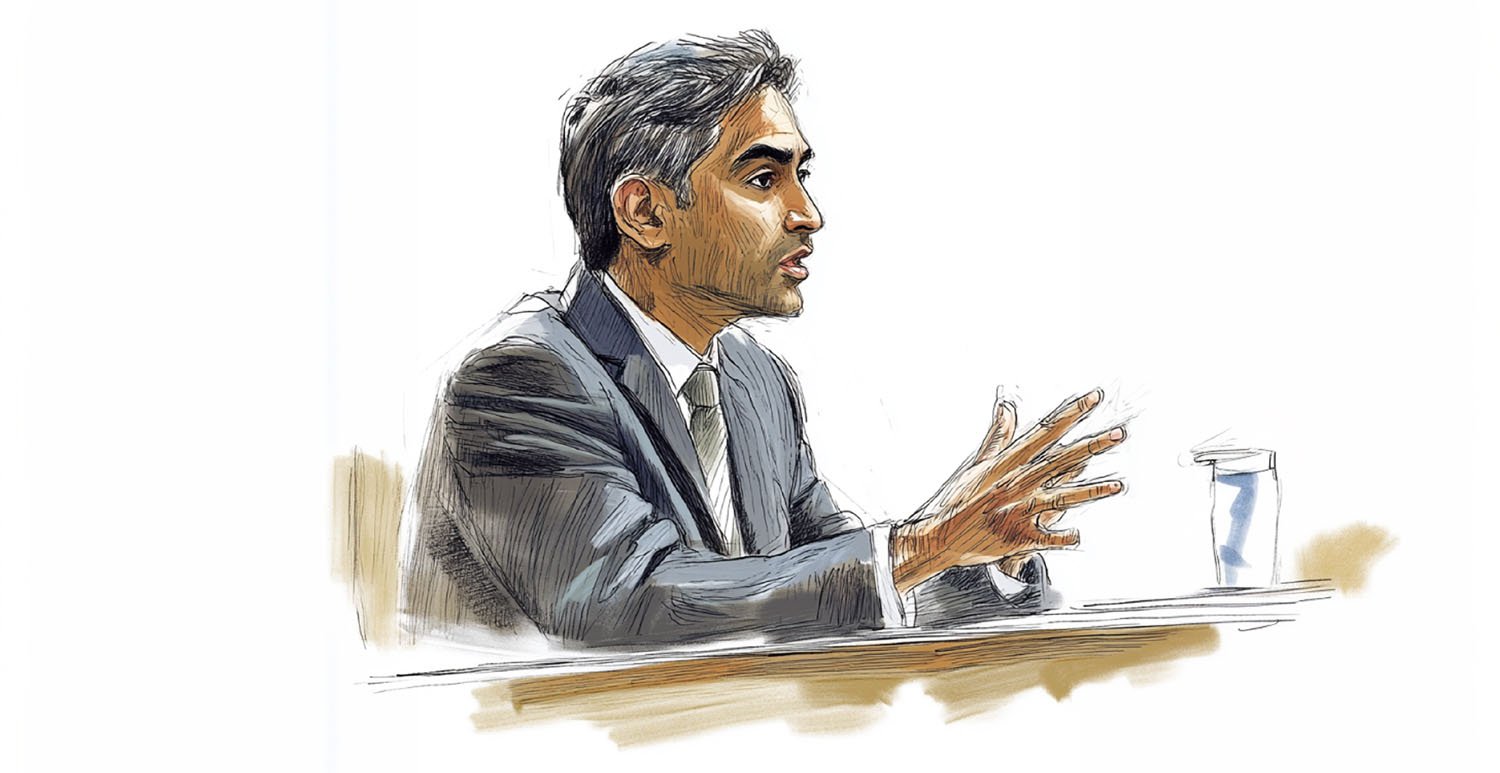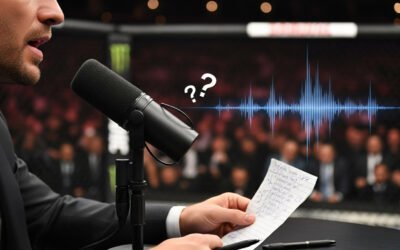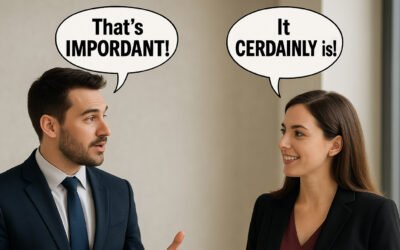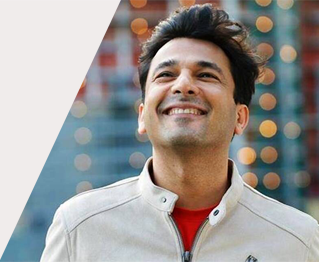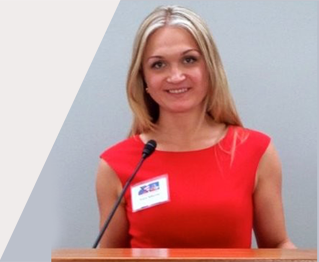Expert witnesses play a pivotal role in litigation—particularly in medical malpractice, construction disputes, financial audits, intellectual property cases, technology failures, forensic science, pharmaceutical liability, and other highly technical cases. An expert witness’s ability to communicate clearly and credibly can make or break a case.
1. Avoid Jargon and Explain Technical Language
One of the most common pitfalls that expert witnesses face is the use of jargon. Highly specific terminology can lose jurors who lack the technical background to follow along. It’s crucial to start with plain, commonplace, and relatable language; you need to introduce concepts clearly, and then—only once your audience is on board—define the new term.
Example: When I first heard the word “euthanasia” in a college lecture, I wrote down “youth in Asia.” Until I saw it in print, I had no idea what was being discussed. Imagine the confusion that something along these lines could cause in a courtroom.
Example: A tech expert discussing a data breach should not assume everyone understands what a “zero-day exploit” is. Instead, they could say, “Imagine a thief who finds a new way to pick a lock…a lock that no one knows exists. That’s essentially what a zero-day is.”
2. Build Shared Knowledge with the Jury
Jurors need a foundation to understand your testimony. Just like a great teacher builds understanding one concept at a time, an expert witness should deliver “building blocks” of knowledge. You should spoon-feed the jurors these blocks in digestible chunks.
Example: One of my native English-speaking clients—a urologist—was preparing to testify for the defense in a medical malpractice case. In practice, he said, “After this procedure, you’ll be peein’ like a teenager.” While this sentence is free of medical jargon, it assumes shared knowledge of prostate issues. To someone unfamiliar (perhaps a young female), it could evoke confusion or an unintended image—like an extremely intoxicated male teenager urinating in public after a party with reckless abandon—rather than the intended meaning related to prostate health. Every word you say matters, so choose wisely.
3. Structure Speech for Clarity
Effective communication for expert witnesses includes conscious structuring—your delivery should include intentional intonation choice and use of pauses. Speak as though you’re writing an essay: introduction, supporting points, conclusion. Use a falling intonation (end sentences in a lower tone) and pause where punctuation would appear on paper: shorter pauses for commas, longer ones for periods, and even longer pauses to begin a new paragraph.
This also helps the jury process complex ideas and keeps them with you.
Use hand gestures when appropriate, and make intentional eye contact with jurors—if your legal team agrees with this approach—to help you gauge whether your points are landing. If jurors appear to be straining to understand or drifting away, try to use a clear, more direct, and/or more dynamic approach.
4. Articulate Slowly and Clearly (Native and Non-Native Speakers Alike)
It is important to pace yourself starting even before your first word surfaces from your mouth. As the Aesop saying goes, “slow and steady wins the race.” Nerves and adrenaline, especially during a cross-examination, may cause pace to speed up even more than in conversation. You’ll want to do your best to counteract this instinct and do the exact opposite. Speaking slowly presents you as calm, forthcoming, and authoritative. Speaking hastily can make the jurors feel like you are nervous, withholding information, or even attempting to deceive.
Native English speakers may speak too quickly, mumble, or fail to project clearly. They may treat speaking to the jurors as they’d casually converse with colleagues in the breakroom—but it’s important to remember this is no such scenario.
Non-native speakers may also struggle with pacing—especially speakers of languages that are more fluid and less choppy than English. In this case, the faster the pace, the less clear articulation—and the wider the disconnect from the jurors.
Pacing and pausing go hand in hand, so practicing ahead of time to master your control of both can be extremely beneficial.
Regardless of background, expert witnesses benefit from understanding their audience, using intentional diction (word choice), articulating English with clear pronunciation, structuring points, and enhancing speech with smart pacing, intonation, and supporting gestures / body language. Whether you’re testifying in medical malpractice cases or complex regulatory disputes, speaking skills for litigation testimony can shape your credibility.
Need help refining your expert witness courtroom presence? I offer private and group coaching for both native and non-native English speakers. If you’re preparing to testify—whether in medical malpractice or any technical field—I’ll help you sound confident, clear, and credible.
Reach out to learn more or collaborate: CONTACT ME






